Bob Woodward is out with a new book, called “The Price of Politics.” The first excerpts appeared today as Barack Obama prepares to accept the Democrat Party nomination for president. Woodward makes the best case possible as to why Barack Obama should be denied a second term.
As it turns out the fiasco of a vagina-based convention that denied God three times before the cock crowed — a convention that featured an adulterer and callous killer as its hero on the first night and an adulterous serial sexual predator as the hero on its second to prove just how serious they are about taking care of women — is really a fit metaphor for Obama’s Administration. The DNC (or is it D&C) convention in Charlotte (bonus question: what is the airport code for Charlotte, NC) is a gathering of ineptocrats. Obama’s Administration shows what happens when you put ineptocrats in charge of anything more complicated than a two-car funeral procession.
Woodward had turned out a series of these tick-tock chronicles on the inner workings of the White House over the decades. Some have been rather good, some, like when he claimed to have presumably donned a ninja outfit and sneaked into Bethesda Naval Hospital to interview a comatose and dying Bill Casey are ridiculous and self-beclowning. Woodward does adhere to the Novak principle in his books: there are only two types of people, sources and targets. In his latest the sources are plentiful and the target rather large, dull-witted, and lumbering. It is sort of like shooting cows in a barrel.
The highlights:
Barack Obama was relevant to the financial negotiations that prevented a US debt default.
As the nation’s leaders raced to avert a default that could have shattered the financial markets’ confidence and imperiled the world’s economy, Obama convened an urgent meeting with top congressional leaders in the White House. According to Woodward, House Speaker John A. Boehner (R-Ohio) pointedly told the president that the lawmakers were working on a plan and wouldn’t negotiate with him.
Obama, surprised, told Boehner and the others that they could not exclude him from the process, Woodward reports. “I’ve got to sign this bill,” he is quoted as saying.
Senate Majority Leader Harry M. Reid (D-Nev.) then said the four leaders wanted to speak privately, asking Obama to leave a meeting he had called “in his own house,” in Woodward’s words. The president, fuming, agreed to let them talk. “This was it,” Woodward writes. “Congress was taking over.”
Barack Obama was on top of all the details.
Congress’s reemergence as a political force is one of the book’s underlying themes. For decades, Capitol Hill has been ceding influence and authority to the White House, especially to presidents who were bent on expanding the powers of the executive branch. In Woodward’s account, the balance of power has shifted at least temporarily back to the legislative branch during the past two years, aided by the Obama administration’s failure to nurture the alliances that it needed to offset the GOP’s huge victory in the 2010 midterm elections. The Republicans took control of the House, claiming 63 new seats, the largest turnover since the 1930s.
The book points out that the administration seemed unprepared for the road ahead, as demonstrated on election night in 2010. “Protocol dictated that the president make a congratulatory call to Boehner,” Woodward writes. “The trouble was, nobody in the White House had thought to get a phone number.”
Barack Obama is respected by his adversaries.
Boehner sized up his adversary during one of his early private meetings with Obama, telling Woodward: “I just started chuckling to myself. Because all you need to know about the differences between the president and myself is that I’m sitting there smoking a cigarette, drinking merlot, and I look across the table and there is the president of the United States drinking iced tea and chomping on Nicorette,” the gum for smokers trying to break their habit.
Barack Obama is respected by his allies.
The book portrays Obama as a man of paradoxical impulses, able to charm an audience with his folksy manner but less adept and less interested in cultivating his relationships with Reid and Pelosi. While the president worries that he can’t rely on the two leaders, they are portrayed as impatient with him. As the final details of the 2009 stimulus package were being worked out on Capitol Hill, Obama phoned the speaker’s office to exhort the troops. Pelosi put the president on speakerphone so everyone could hear.
“Warming to his subject, he continued with an uplifting speech,” Woodward writes. “Pelosi reached over and pressed the mute button. They could hear Obama, but now he couldn’t hear them. The president continued speaking, his disembodied voice filling the room, and the two leaders got back to the hard numbers.”
Barack Obama is respected by the business community.
In the same vein, Woodward portrays Obama’s attempts to woo business leaders as ham-handed and governed by stereotype. At a White House dinner with a select group of business executives in early 2010, Obama gets off on the wrong foot by saying, “I know you guys are Republicans.” Ivan Seidenberg, the chief executive of Verizon, who “considers himself a progressive independent,” retorted, “How do you know that?”
Nonetheless, Seidenberg was later pleased to receive an invitation to the president’s 2010 Super Bowl party. But he changed his mind after Obama did little more than say hello, spending about 15 seconds with him. “Seidenberg felt he had been used as window dressing,” Woodward writes. “He complained to Valerie Jarrett, a close Obama aide. . . . Her response: Hey, you’re in the room with him. You should be happy.”
Barack Obama is a make-it-happen type of guy.
Similarly, Woodward quotes Obama as complaining openly to his aides about Reid and House Minority Leader Nancy Pelosi (Calif.), his main Democratic allies on Capitol Hill. “The one thing that I said I actually needed, they didn’t get,” he fumes to his advisers as he tries to avoid a plan that would raise the debt ceiling enough to cover a few months. “I needed this to go past the election, and they didn’t get it for me.”
Barack Obama is aware of his limitations.
Woodward portrays a president who remained a supreme believer in his own powers of persuasion, even as he faltered in efforts to coax congressional leaders in both parties toward compromise. Boehner told Woodward that at one point, when Boehner voiced concern about passing the deal they were working out, the president reached out and touched his forearm.
“John, I’ve got great confidence in my ability to sway the American people,” Boehner quotes the president as having told him.
It is hard to imagine a more damning portrayal of a national leader than this book has provided in one day. Shallow. Immature. Petty. Arrogant. Vain. Ill Informed. Incompetent. Irrelevant. And surrounded by people just like him.
When one looks at American presidents it is difficult to find a more pathetic figure. At best he’s tied with Jimmy Carter who was more concerned about managing the White House tennis courts than he was about our hostages in Iran, long gas lines, or double digit inflation and unemployment. Right now he’s on the way to making us look at the dark years of the Carter regime with nostalgia.

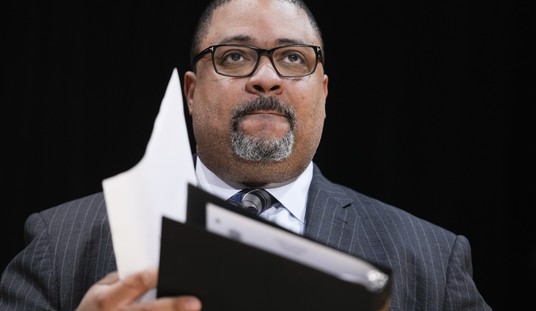


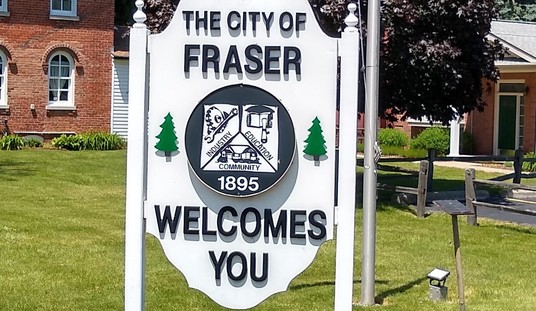

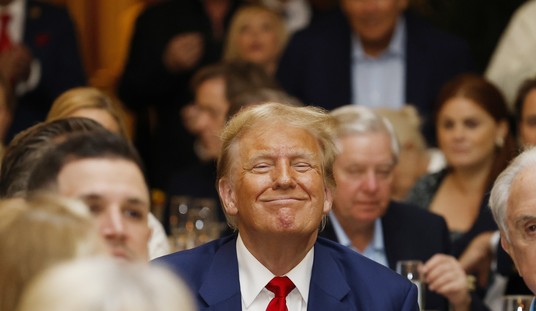
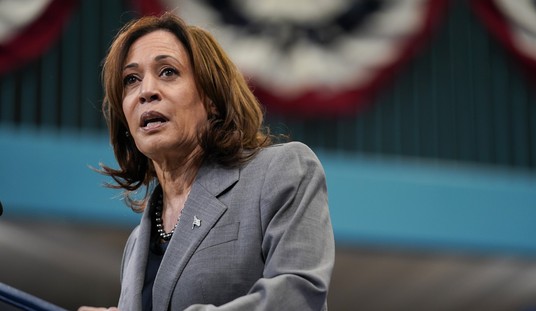



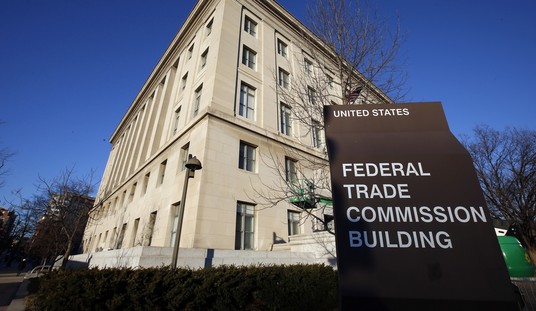

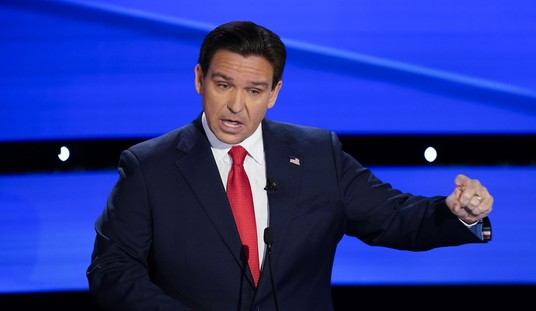
Join the conversation as a VIP Member